The skills for catching big fish [are] different and certainly more refined than the skills for catching small fish. Big fish require a more stealthy approach, fewer casts, better positioning and equipment to prevent drag, superior fish fighting skills, and really better "everything" in the presentation than do small fish. In short, they require the very best predatory skills from the angler. So the question becomes: How does one learn big fish skills when at least 95 percent of the fish are small ones?
The answer is almost too easy: pretend. No, don't spin a fisherman's yarn and tell everyone that the six, 8-inch fish you caught were twelve, 18-inchers. Rather, use the small fish as practice for the big ones. I've seen it many times: the angler spots a small fish rising, and knowing it's not a brute, makes a half-hearted (what I call a "small fish") cast. So what if the line hits the water too hard and spooks the fish, so what if the fly drags, so what if the angler was too slow to set the hook, or too fast? It's only a small one, and not of that much interest. And fighting the fish? Well it's just a matter of stripping it in and shaking it off the line.
But here's the rub, every time one pretends under the "so what, it's only a small one" presumption, one is developing a way of thinking about what it means to be a predator. Every time one unloads a bad cast that spooks the fish without really caring, one is learning to cast poorly. Every time one is in a bad presentation position and gets drag, one is decidedly not learning the best approach angle. There's only one way to get the right attitude, one way to learn the best approach angle, one way to get the fish to take, one way to learn how to fight big fish, and that's through practice.
Remember the old saw, "practice makes perfect"? Well guess what? If one only practices wrong, one only becomes perfectly wrong. Rather than seeing a small fish as an annoyance, or a waste of good angling time, see them as the perfect opportunity to hone skills, learn from mistakes and practice for the big fish. The big cats, for example, learn to hunt as cubs by going out and leaping on the back of the nearest adult gnu. The mother cats brings small game, and usually injured game, for the cubs to "practice on." They learn to get the big game by developing the necessary skills on small game.
And that's exactly what we should do. Rather than seeing small fish as a nuisance, we should see them as practice material. We should see every one of them as another opportunity to "get it right". Practice makes perfect only if the mistakes we make are corrected, so that in the end, we are able to carry out the task without flaw. So what if the fish is only eight inches long? Stalk it, figure the best approach angle, make certain the fly is right and the hook needle sharp, check to see that the tippet is not frayed or knotted, calculate the best way to hook, play and land the fish, and so on. Then move in and do the very best you can to catch it. In the doing, you will be training for the big leagues, and when the opportunity to cast over a big fish comes, you'll have the necessary predatory skills to get it right, first time.
Not only that, but use one species as practice for another. If one loves trout but lives where there are only warm-water species, for example, then use bluegills as "practice fish". Bluegills take a nymph or dry just fine. Use them to help you see fish in the water, to hone casting skills, to set the hook, play them off the reel, and so on. Or, if you're fishing in the western U.S. and trying to develop nymphing skills, put on a pink, bead head Prince Nymph and catch one whitefish after the other. You will certainly learn how to watch the indicator, how to adjust shot size to keep the fly bouncing on the bottom, how to set the hook, how to fight larger fish, and so on. In other words, don't become a "species chauvinist,", but rather use what can be learned from one fish to assist in the hunting and catching of others.
Editor's Note: The above is an excerpt, from Gary Borger's latest book "The Angler as Predator". It is the latest in Gary's "Fly Fishing: The Book Series". As we've noted before, if you're not familiar with the series, you're missing out. Each book is a fountain of information resulting from years of well-heeled experience. The first three books offer a bevy of knowledge and The Angler as Predator is no exception. Most importantly, the lessons in the book are illustrated by warm, entertaining anecdotes from Gary Borger's life as a fisherman, making the books not only valuable tools for the fly fisherman, but an absolute pleasure to read. To learn more about The Angler as Predator or the entire series, visit GaryBorger.com.

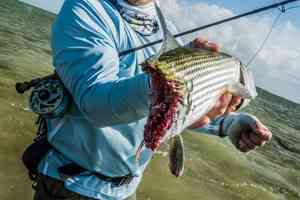
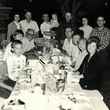

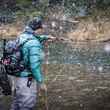
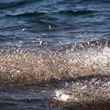

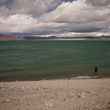



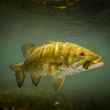

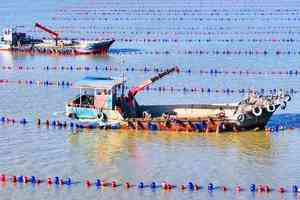
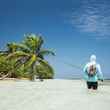

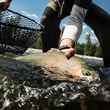
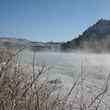



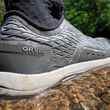
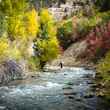



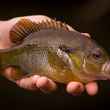

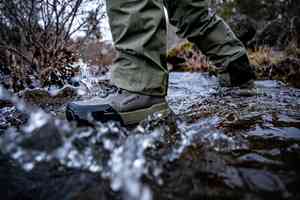
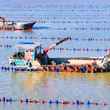
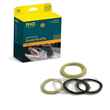

Comments